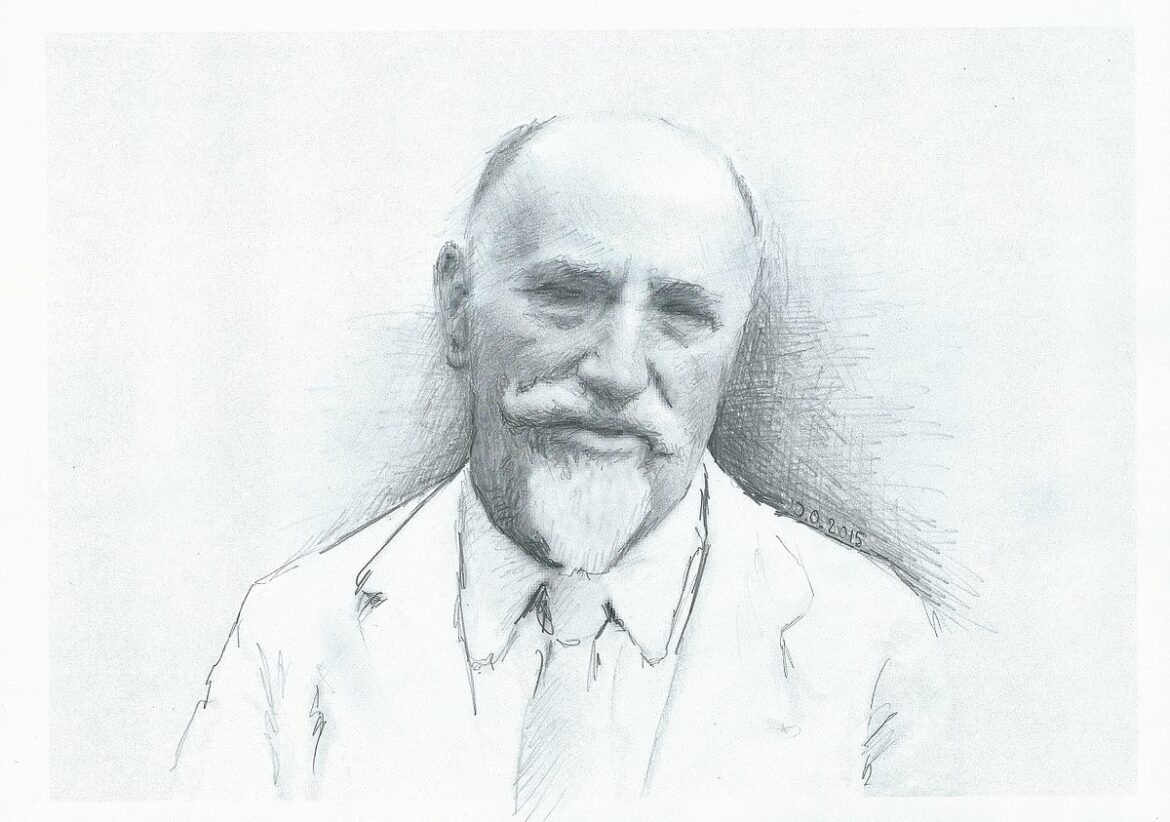Feliks Koneczny was born on 1 November 1862 in Krakow to a Czech family of Moravian origin. Interestingly, the future historian and creator of the original concept of civilisation did not graduate from the St Anne’s Gymnasium in Krakow, where he was a student, due to a failing grade in… history.
He continued his education at St. Hyacinth Grammar School. After graduating from secondary school, he completed his studies at the Jagiellonian University, where he presented his doctorate in 1888 on a thesis „The oldest relations between Livonia and Poland up to 1339”. He then worked at the Jagiellonian Library. After Poland regained independence in 1919, he became a deputy professor at the Stephan Bathory University in Vilnius, and a year later received his habilitation at the Jagiellonian University in the history of Eastern Europe presenting the three-volume History of Russia. For the next ten years, Koneczny headed the chair of Eastern European history in Vilnius. In his retirement, he also devoted himself entirely to scholarly and journalistic work. His scholarly output consists of dozens of dissertations and hundreds of articles and reviews on important issues in Polish history.
Koneczny became famous as the creator of his own historiosophical conception of the past, which is illustrated by his most important works: Polish Logos and Ethos, Laws of History, On Order in History, Jewish Civilisation, Byzantine Civilisation and On the Multiplicity of Civilisations. In his conception, Koneczny showed the role of Catholicism in the identity of Europe, assigning an important role to Poland. As the opposite of the Latin civilisation, he saw the Turanian civilisation, as he called the system of despotism characteristic for Asia, including Russia, devoid of national feeling and spiritual values. Although Koneczny did not create his own school and did not leave any disciples who would consistently continue his ideas, his historiosophical concept and its roots in the Latin civilisation made him very popular among the scientific communities of Western Europe.
Koneczny lost two sons during the Second World War and became the guardian of two minor grandchildren. He died on 10 February 1949 at a time of increasing Stalinism. Due to his critical views towards the communists who ruled Poland, neither the authorities of the Jagiellonian University nor the Jagiellonian Library attended the historian’s funeral.





